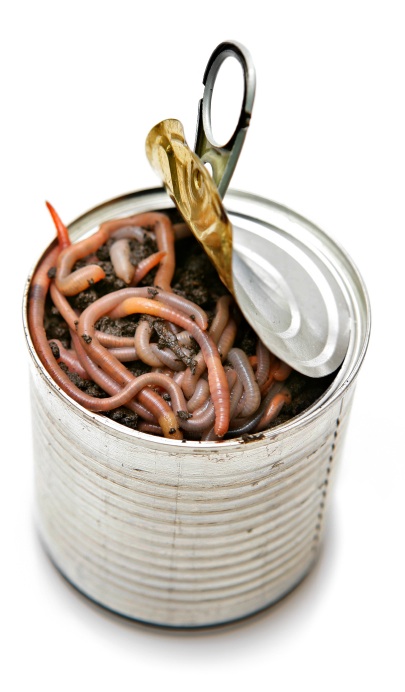Have companies ever patented their yeast strains?
My girlfriend is into the whole food industry and has a strong dislike for Monsanto and their corn patenting practices. Made me think that yeast companies and breweries could do the same thing. Has anyone ever heard of this?
My girlfriend is into the whole food industry and has a strong dislike for Monsanto and their corn patenting practices. Made me think that yeast companies and breweries could do the same thing. Has anyone ever heard of this?


